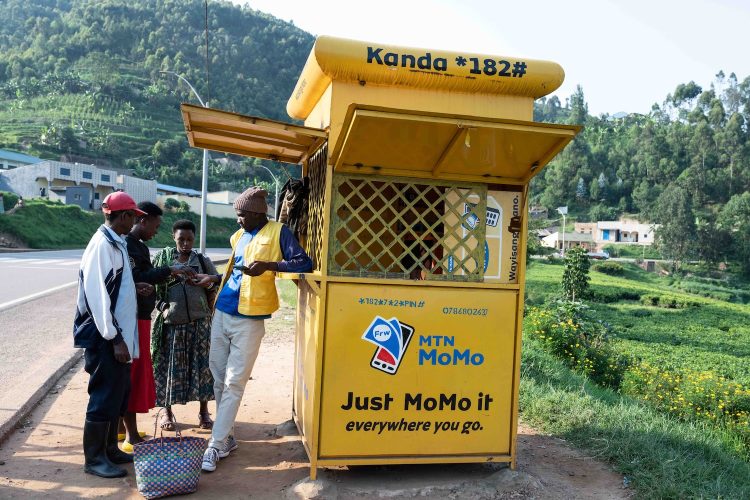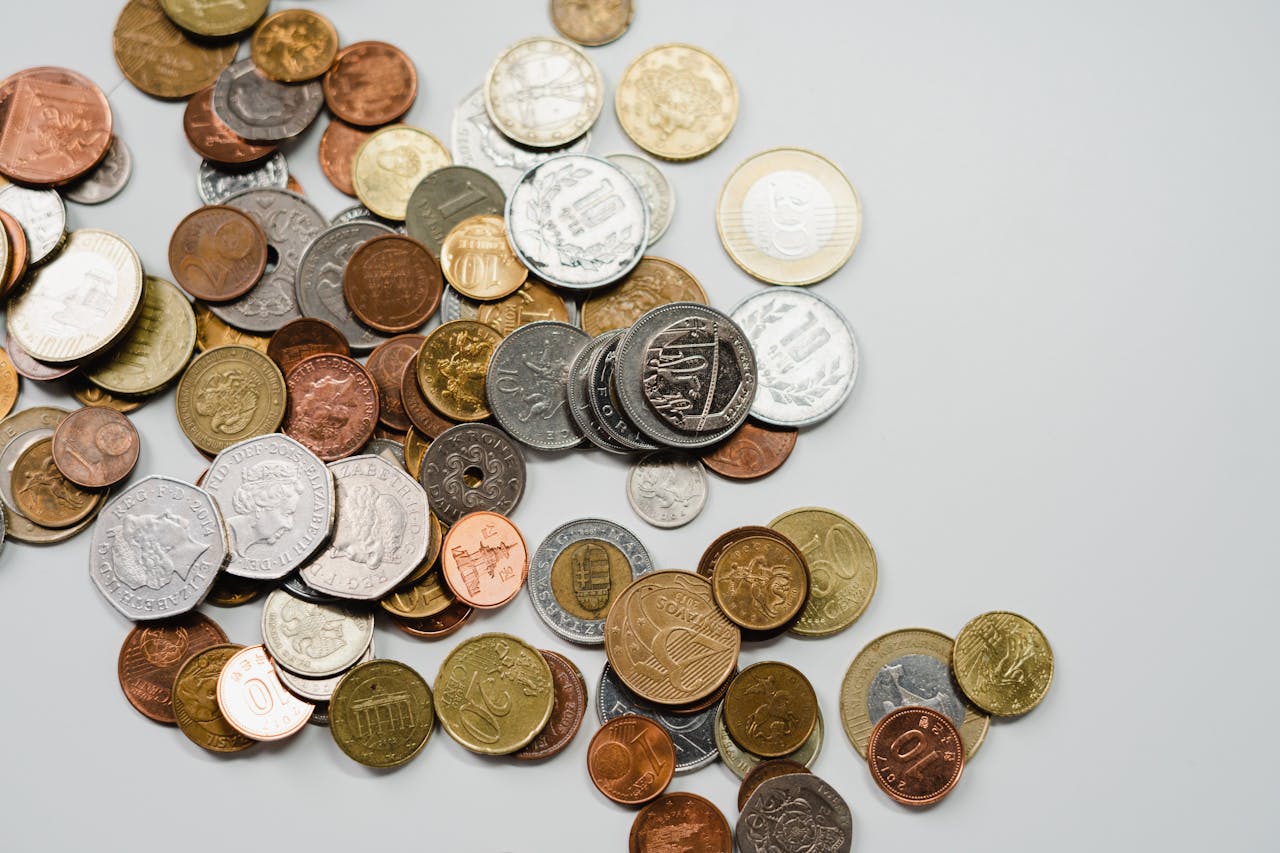TriplePundit • A Zero-Fee Mobile Banking Model is Redefining Financial Inclusion in Côte d’Ivoire

It was a busy afternoon at Treichville, a market in Abidjan, Côte d’Ivoire, when Musbaudeen Habibat’s smartphone buzzed with a debit alert. On that September day in 2020, she mistakenly sent 1,000 CFA francs (US$1.75) to an unidentified recipient.
“I quickly called Orange’s customer service attendants to help block the account,” she recalled. “They said they couldn’t help. I even called the person to return it, but all to no avail. I was pained to the marrow.”
Habibat, who sells plastic bowls at the crowded market, is among thousands of Ivorians who have long relied on mobile money services from communications giants like Orange, MTN Group and Moov Africa. But for years, high transaction charges, sometimes between 6 percent and 10 percent, and poor customer protection discouraged small business owners from trusting these platforms.
Côte d’Ivoire’s traditional banks have long struggled to serve the everyday financial needs of ordinary citizens. Issues ranging from unreliable networks, costly transactions, and poor access to physical branches or ATMs leave millions excluded. Out of the 32 million Ivorians, 8 million adults are unbanked and others are abandoning the traditional banks for mobile money startups due to those problems.
As far back as 2014, World Bank data shows that more people had mobile money accounts (24 percent) than traditional bank accounts (15 percent). This shift toward mobile money expanded further when President Alassane Ouattara allowed high school students to pay school fees digitally. The pilot reached 1.5 million students, with 98 percent of payments made via mobile platforms, a landmark moment for cashless education and financial inclusion.
Still, for users like Busoyri Fadel, a 20-year-old shoe vendor in Abidjan’s Adjamé market, the reality of mobile money often means long queues, extra agent charges and failed transactions.
“Queuing is the least painful aspect,” Fadel said. “Sometimes you still have to pay 100 CFA (US$0.20) to the agent before your money is processed.”
Financial revolution
Two American entrepreneurs, Drew Durbin and Lincoln Quirk, found a way to change this narrative. Having built Sendwave, an app that helped Africans abroad send money home cheaply, they decided to tackle a deeper challenge: moving money within Africa itself.
“We originally founded Sendwave to solve the problem of crazy high fees for sending money to Africa,” Durbin told Y Combinator, a startup accelerator Wave is a part of. “As we scaled, we realized there was an even bigger problem moving money domestically. So we spun out Wave to build extremely affordable mobile money for African countries.”
Wave launched in Senegal in 2018, then entered Côte d’Ivoire in April 2021. By April 2022, the company secured an operating license from the Central Bank of West African States. Its mission: make digital money transfers nearly free, instant and accessible to anyone with a smartphone.
Wave’s model was disruptive from the start. Users could deposit or withdraw at agent locations for free. Transfers through the app carried a flat 1 percent fee, a fraction of what competitors charged. The zero-fee structure immediately gained traction. By 2021, 20.7 million people in Côte d’Ivoire were using mobile money services, with Wave commanding a rapidly growing share of transactions and surpassing legacy players Orange and MTN in user satisfaction.
The company’s rise signals a new phase of digital inclusion, said Coura Carine Sène, Wave’s regional director for West Africa.
“Wave now has 8 million Senegalese users every month, and several million in Côte d’Ivoire,” Sène told The Africa Report. “That shows many economic operators have confidence in us. We employ over 2,000 people worldwide, including 900 in Senegal and 600 in Côte d’Ivoire.
Digital innovation and inclusion
Wave’s technology is an app-based, relying on QR codes rather than traditional menus that require users to dial codes or SMS-based systems. This reduces costs and improves speed while giving users a visual, intuitive experience. An extensive network of local agents trained to onboard and assist customers makes it easier for market traders, artisans and women entrepreneurs to adopt digital payments without formal banking access.
“Wave lets users send and receive funds for free, with only a small cash-out fee,” Akinlabi Adegoke, chief digital officer at Nigeria’s Lotus Bank, told TriplePundit. “By using a lean, app-based system, it avoids the heavy infrastructure costs that have made other services expensive. That’s how inclusion happens by removing price barriers.”
For small traders like Habibat, the impact is immediate. “I don’t need to panic if I mistakenly send money anymore,” she said, smiling. “Their customer service attendants always respond.”
Across Africa, similar fintech solutions are transforming how money moves. M-Pesa revolutionized payments in Kenya, while Moniepoint in Nigeria and Chipper Cash in Ghana digitized small business transactions. What makes Wave stand out in West Africa is its fee-free promise, a model that directly addresses affordability, one of the biggest barriers to financial inclusion.
Mobile money ecosystems generated over US$1 trillion in transactions across Africa in 2024, a 15 percent year-on-year increase, according to the Global System for Mobile Communications Association’s 2025 State of the Industry report. This growth is “fueling microbusiness expansion, improving household resilience and narrowing gender financial gaps,” the report notes.
A digital divide remains
Despite the success, challenges persist. Smartphone access remains limited, particularly in rural communities. “Some elderly people in my neighborhood don’t use smartphones because they don’t know how to operate them,” Abidjan’s Adjamé market vendor Fadel said. “They don’t believe in online transactions.”
Digital literacy and fraud prevention are ongoing concerns. And while Wave’s design tackles cost barriers, interoperability and the ability to send money across different networks or borders remains an obstacle, Lotus Bank’s Adegoke said.
“Every country has its own rules and licensing,” Adegoke said. “A company approved in Nigeria has to start over again in Ghana or Senegal. That makes expansion slow and expensive. Until the rules are more aligned and systems are better connected, fintechs will struggle to scale regionally.”
Still, experts agree that platforms like Wave represent a promising path toward an inclusive financial ecosystem, one where innovation meets affordability, and small traders can access credit and savings tools that were once out of reach.
With just a ping
For Fadel, the shift to mobile payments changed how he does business. “Anytime I want to pay my water or electricity bill or buy products, I don’t need to queue at an agent,” he said. “With just a ping on my phone, it’s done.”
Wave’s growing adoption has also inspired regulators and other fintechs to rethink pricing models. If zero or near-zero transaction fees can be sustainable for Wave, perhaps the broader mobile money industry can move toward lower costs without compromising service quality.
In that sense, Côte d’Ivoire’s experience offers lessons for Africa at large: Digital inclusion isn’t just about technology, it’s about trust, affordability and access.
For now, Wave’s challenge is scaling its impact sustainably while navigating regulatory complexity. Its rapid growth across eight African countries shows a hunger for financial inclusion tools that work. But it also underscores the need for regional harmonization of fintech laws and greater investment in digital education.
“Wave’s low-cost model tackles affordability,” Adegoke said. “But digital literacy and fraud are still the biggest hurdles to deepening inclusion.”
Back at her stall in the Treichville market, Habibat agrees. “For me, I don’t have any problem with Wave,” she said. “All my transactions are going smoothly.”
As Africa’s fintech ecosystem continues to evolve, Wave’s model may well define the next phase of the continent’s financial future, one where inclusion isn’t a privilege but a right, powered by innovation and accessible to all.
Featured image credit: Kim Haughton for the International Monetary Fund/Flickr



Post Comment